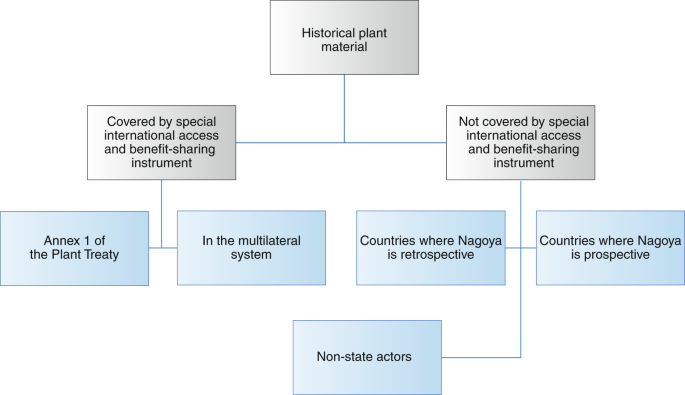- Select a language for the TTS:
- UK English Female
- UK English Male
- US English Female
- US English Male
- Australian Female
- Australian Male
- Language selected: (auto detect) - EN
Play all audios:
Access through your institution Buy or subscribe Nearly 3% of men are sterile. This can be caused by environmental or genetic factors. The environmental causes are relatively well
understood, but much less is known about the genetic ones. Men - and males of other mammalian species - have both X, and Y chromosomes, unlike females, who have two X chromosomes. The major
function of the Y chromosome is to determine 'maleness'. One of the hallmarks of being male is the production of sperm, and the Y chromosome contains a number of genes for the
constituents of sperm. This is a preview of subscription content, access via your institution ACCESS OPTIONS Access through your institution Subscribe to this journal Receive 51 print issues
and online access $199.00 per year only $3.90 per issue Learn more Buy this article * Purchase on SpringerLink * Instant access to full article PDF Buy now Prices may be subject to local
taxes which are calculated during checkout ADDITIONAL ACCESS OPTIONS: * Log in * Learn about institutional subscriptions * Read our FAQs * Contact customer support REFERENCES * Sun, C., et
al. An azoospermic man with a _de novo_ point mutation in the Y-chromosomal gene _USP9Y_. _Nature Genetics_ 23, 429, (1999). Article CAS Google Scholar Download references Authors *
Michael Ronemus View author publications You can also search for this author inPubMed Google Scholar RIGHTS AND PERMISSIONS Reprints and permissions ABOUT THIS ARTICLE CITE THIS ARTICLE
Ronemus, M. Y oh Y are some men infertile?. _Nature_ (1999). https://doi.org/10.1038/news991202-6 Download citation * Published: 30 November 1999 * DOI: https://doi.org/10.1038/news991202-6
SHARE THIS ARTICLE Anyone you share the following link with will be able to read this content: Get shareable link Sorry, a shareable link is not currently available for this article. Copy to
clipboard Provided by the Springer Nature SharedIt content-sharing initiative







